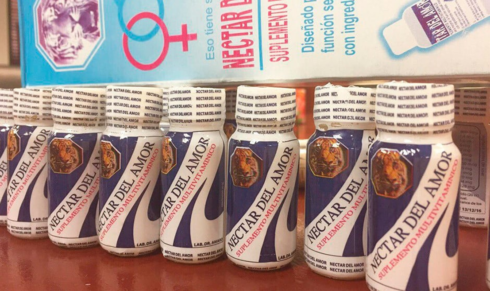The vast majority of people are not doing enough to ward off dementia in later life, according to new research.
Alzheimer’s Research UK has composed a new 12-step checklist in light of this, outlining what people can do to avoid getting the condition.
Dementia is a feared consequence of ageing and the number of people around the world expected to suffer from the condition is only expected to rise.
About 55 million people have dementia, with more than 60% living in low and middle income countries.
As the proportion of older people in the population is increasing in nearly every country, this figure is expected to rise to 78 million in 2030 and then 139 million by 2050, according to the World Health Organisation (WHO).
But this new 12-step checklist aims to make the population aware, before it is too late.
First, it recommended people get at least seven hours of sleep a night.
Seven hours of sleep – no more and no less – has often been referenced as the optimal amount of sleep for most adults, providing the most benefit for cognitive and mental health.
Step two was regularly challenging the brain – this could involve anything from frequently doing puzzles, or playing crosswords to learning a new language.
Third was staying socially active, while the fourth step was maintaining mental well-being.

The fifth and sixth steps recommended people look after their hearing and eat a balanced diet.
Staying physically active came next, while quitting smoking was also likened to reducing the likelihood of developing dementia later in life.
The ninth step was drinking responsibly, and number 10 was keeping a healthy level of cholesterol.
To achieve this it was recommended to eat oats, barley and other whole grains, beans, eggplant and okra, nuts, vegetable oils, apples, grapes, strawberries and citrus fruits.
The final two steps of the checklist included maintaining healthy blood pressure, and managing diabetes.
Although age is the strongest known risk factor for dementia, it is not an inevitable consequence of biological ageing.
It also does not exclusively affect older people – young onset dementia occurs when symptoms develop before the age of 65 and accounts for 9% of cases worldwide.
There is currently no cure for dementia.
There are anti-dementia medicines and disease-modifying therapies, but they have limited efficacy and are primarily labelled for Alzherimer’s disease.
There are however numerous new treatments being investigated in various stages of clinical trials.
READ MORE:
- Ministry of Transport is the latest government department to become dementia aware in Gibraltar
- Helicopter rescues British dementia sufferer missing for two days in Benidorm area of Spain’s Costa Blanca
- Keep swimming throughout winter to avoid dementia says new study
Click here to read more Health News from The Olive Press.








